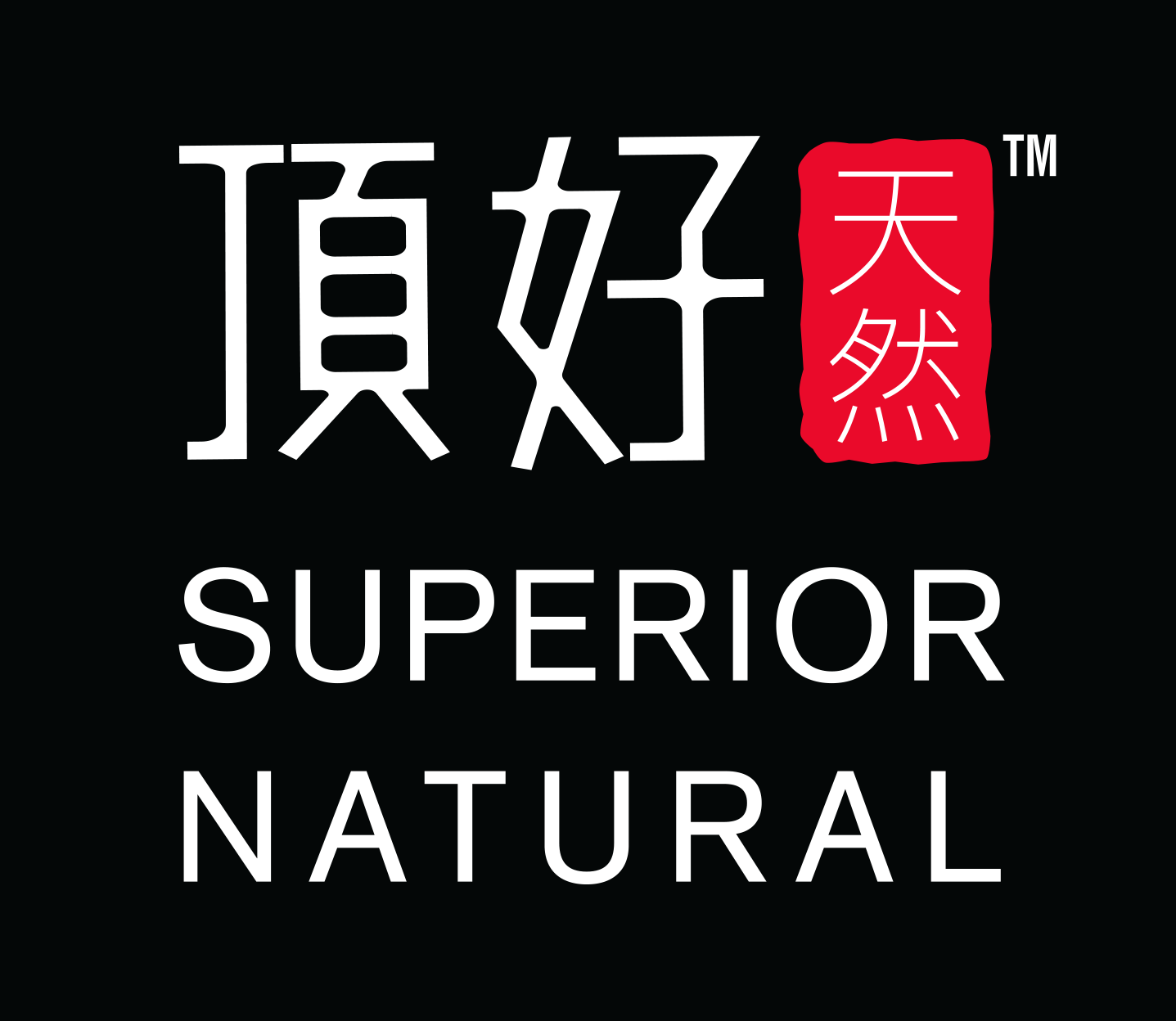The Truth about Soy - Busting the Myths
The debate about whether soy is good or not for our bodies has been a hot topic. Soy is rich in isoflavones, the isoflavones are at the root of the soy debate. Soy has high nutritional value because it contains all nine essential amino acids, which makes it comparable to animal protein in terms of nutrient quality. Although soy has been around since 1100 BC and has adapted well in mainstream American cuisine, there are still misconceptions and myths surrounding soy and various soy foods.
A few common Soy Myths include: Eating Soy Increases the Risk of Breast Cancer, Eating Soy as a Protein Replacement Does not Provide Enough Protein and Soy Reduces Testosterone Levels and Causes Feminization in Men. To understand these myths, in this month’s blog we will dive deeper into the facts and research that counter the various myths.
Eating Soy Increases Breast Cancer?
The compounds in soybeans are called isoflavones which are phytoestrogens: plant compounds that act like estrogen in some parts of the body. The concern is that breast cancer risk and growth increase when estrogens are present, however phytoestrogens are not the same as hormone estrogen. Multiple studies have shown no association between soy and breast cancer, and some suggest it may protect against it (The University of Arizona, 2018).
In addition, a meta-analysis of five prospective studies, two from the United States and three from China, involving over 11,000 women with breast cancer, found soy consumption after a diagnosis of breast cancer was associated with reductions in both breast cancer recurrence. Both the American Cancer Society 127 and the American Institute for Cancer Research 128 have concluded that soy foods can be safely consumed by breast cancer patients (Messina, 2016).
2. Eating Soy as a Protein Replacement Does not Provide Enough Protein?
According to a news public by Harvard school of public health, “Soy protein is considered a complete protein” (Harvard School of Public Health). Soy contains all nine essential amino acids that the body cannot make which must be obtained from the diet. Because soy is a cholesterol-free food which makes it a great heart-healthy plant-based alternative to meat. While red meat can be difficult to digest, soy protein has a digestibility score of 1.0 making it an easily digestible plant protein comparable to egg whites (Nutritional Doublethink, n.d).
3. Eating Soy Reduces Testosterone Levels and Causes Feminization in Men
Most concerns about soy’s possibility of feminizing men do seem to be extrapolated from animal studies. However, rodents metabolize soy isoflavones differently than we do and the results of the rat studies haven’t been duplicated in male humans. A 2010 review in Fertility and Sterility and several other clinical studies concluded that isoflavone-rich soy does not affect free testosterone levels or estrogen levels in men (Judith C. Thalheimer, 2014).
All in all, when exposed to various myths on the internet, we need to refer to scientific research and reliable resources when forming our own decisions and opinions. Most research suggest that soy foods can safely be incorporated into our diets at a reasonable level of intake. For example: drinking a cup of soymilk per day or creating a dinner recipe with tofu. In contrast, there is an exception for those individuals who are allergic to soy protein that need to eliminate soy from their diet due to the risk of an allergic reaction.
Superior Natural Soy Drink is cholesterol-free, low in fat and offers all the goodness of soy. It is also a good source of Omega-3 and 6, potassium and iron! Our Extra Firm Tofu is one of the best-selling products which provides 14g of plant-based protein per serving.
To learn more about Soy and Soy Myths, please visit Soy Myths & Facts by Soy Connection and to keep up with Superior Natural, follow us on Facebook & Instagram!
References:
Consumer Health Digest. (2021, June 14). Soy Isoflavones: Information, Directons, Side Effects . Retrieved from https://www.consumerhealthdigest.com/menopause-center/soy-isoflavones-menopause
Harvard School of Public Health. (2022). Straight Talk About Soy. Retrieved 6 20, 2022
Judith C. Thalheimer, R. L. (2014, April). The Top 5 Soy Myths, Vol 15, NO.4, P 52. Retrieved from Today's Dietitian-The Magazine for Nutrition Professionals: https://www.todaysdietitian.com/newarchives/040114p52.shtml
Nutritional Doublethink. (n.d.). Digestibility of Proteins. Retrieved from Nutritional Doublethink: https://www.nutritionaldoublethink.com/protein-digestibility.html
The University of Arizona . (2018, August 9). 3 Soy Myths Debunked. Retrieved from The University of Arizona : https://nutrition.arizona.edu/news/2018/08/3-soy-myths-debunked









